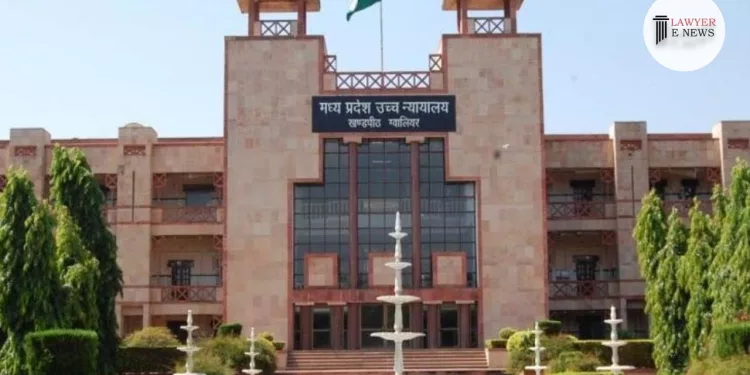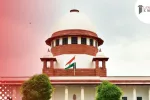Continuous Threats and Harassment Can Constitute Abetment Of Suicide: Madhya Pradesh High Court Denies Quashing Proceedings Citing Sufficient Prima Facie Evidence.

The Madhya Pradesh High Court has dismissed an application filed under Section 482 of the Cr.P.C. seeking to quash criminal proceedings initiated under Section 306 IPC, concerning the abetment of suicide. The court, presided by Justice Gurpal Singh Ahluwalia, found sufficient prima facie evidence to proceed with the prosecution, underscoring the seriousness of continuous threats and harassment that may amount to abetment of suicide.
Background: The case stems from the tragic suicide of Chandra Shekhar @ Pawan Ahuja, who took his own life on 20th December 2022. The deceased left behind a suicide note in which he accused Dr. Shivani Nishad, her mother Rani Nishad, and others of persistently threatening and harassing him. The note detailed how these individuals allegedly lodged false cases against him and his mother, continuously threatened to falsely implicate him in serious crimes such as rape and eve-teasing, and generally made his life intolerable. These accusations led to the registration of a case under Section 306 IPC at Police Station Bamhani District Mandla. The applicants sought to quash the proceedings, arguing that the allegations did not constitute abetment under the legal definitions provided in Sections 107 and 306 IPC.
Court Observations and Views:
Credibility of Evidence: Justice Ahluwalia emphasized the significance of the evidence presented, particularly the suicide note and witness statements, in establishing a prima facie case of abetment. “The continuous threats to falsely implicate the deceased in serious criminal offenses, such as rape, and the consistent harassment by the accused created an environment that led to the deceased’s suicide,” observed the court.
Legal Reasoning on Abetment: The court elaborated on the legal framework surrounding abetment of suicide under Section 306 IPC, referring to key precedents and statutory definitions. The judgment stated, “Abetment involves a mental process of instigating or aiding in the commission of suicide. Continuous harassment and threats, especially those aimed at falsely implicating someone in heinous crimes, can amount to abetment.”
Threats and Mental Distress: The court noted that the suicide note left by the deceased explicitly mentioned the mental distress caused by the false allegations and threats from the accused, Dr. Shivani Nishad and others. The note revealed the deceased’s fear of being falsely implicated in rape and eve-teasing cases, which severely impacted his mental state and academic pursuits.
Witness Statements: Statements from multiple witnesses corroborated the claims made in the suicide note. Witnesses described a pattern of harassment and threats that undermined the deceased’s self-esteem and created an intolerable living situation. One witness testified, “Applicant No.1 consistently threatened to falsely accuse the deceased of rape, which severely affected his mental health.”
Judicial Precedents: The court referenced several Supreme Court judgments to reinforce its reasoning. For instance, in the case of UDE Singh v. State of Haryana, the Supreme Court held that continuous humiliation and threats could constitute abetment of suicide. Similarly, the court in M. Mohan v. State emphasized the necessity of clear mens rea and intentional acts that drive a person to suicide.
The High Court’s decision to dismiss the quashing application highlights the judiciary’s stance on addressing the grave issue of abetment of suicide. By recognizing the impact of continuous threats and harassment, the judgment sets a precedent for future cases, ensuring that individuals who create intolerable conditions for others through malicious actions are held accountable.
Date of Decision: 7th May 2024
Dr. Shivani Nishad And Another v. State Of Madhya Pradesh And Another






